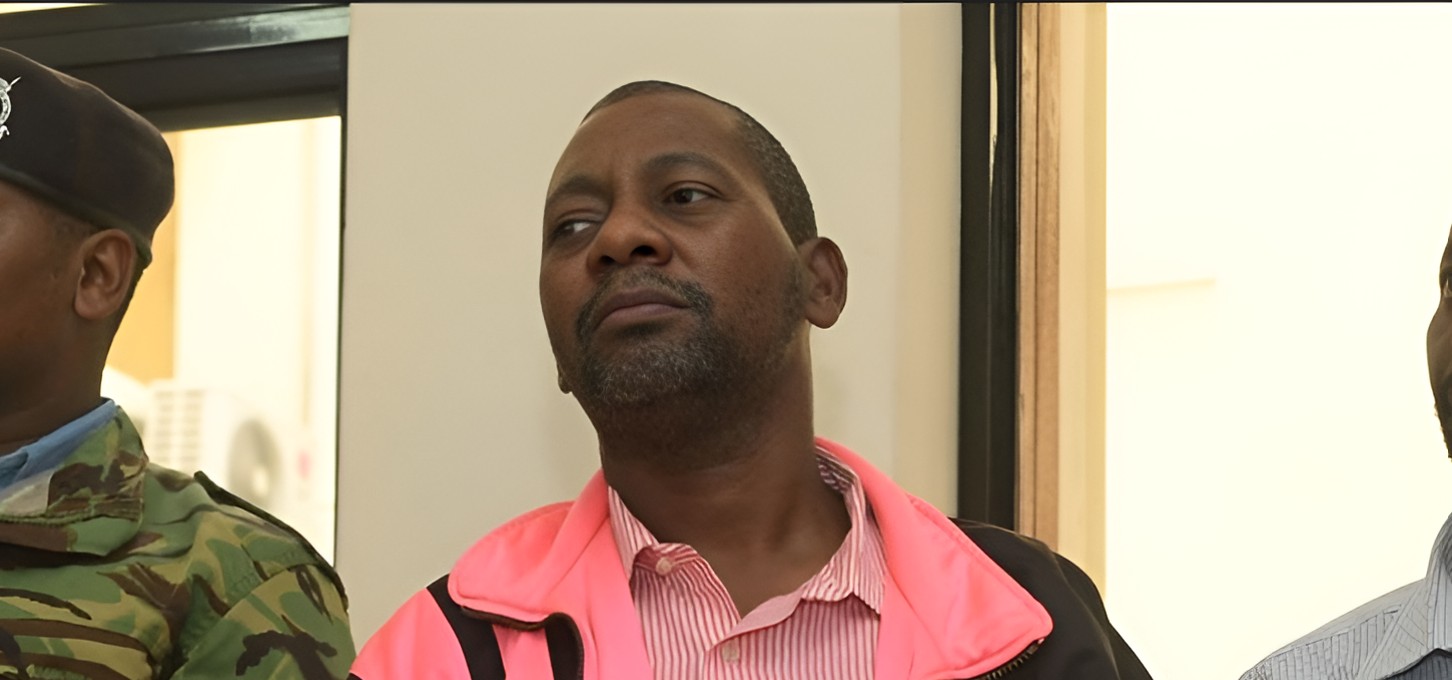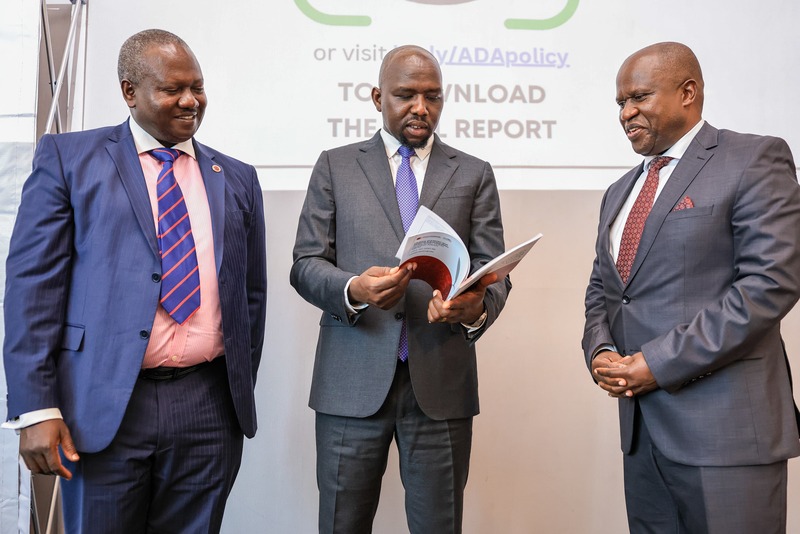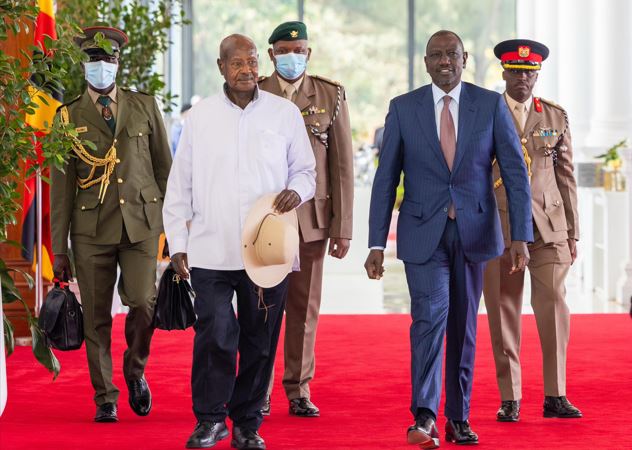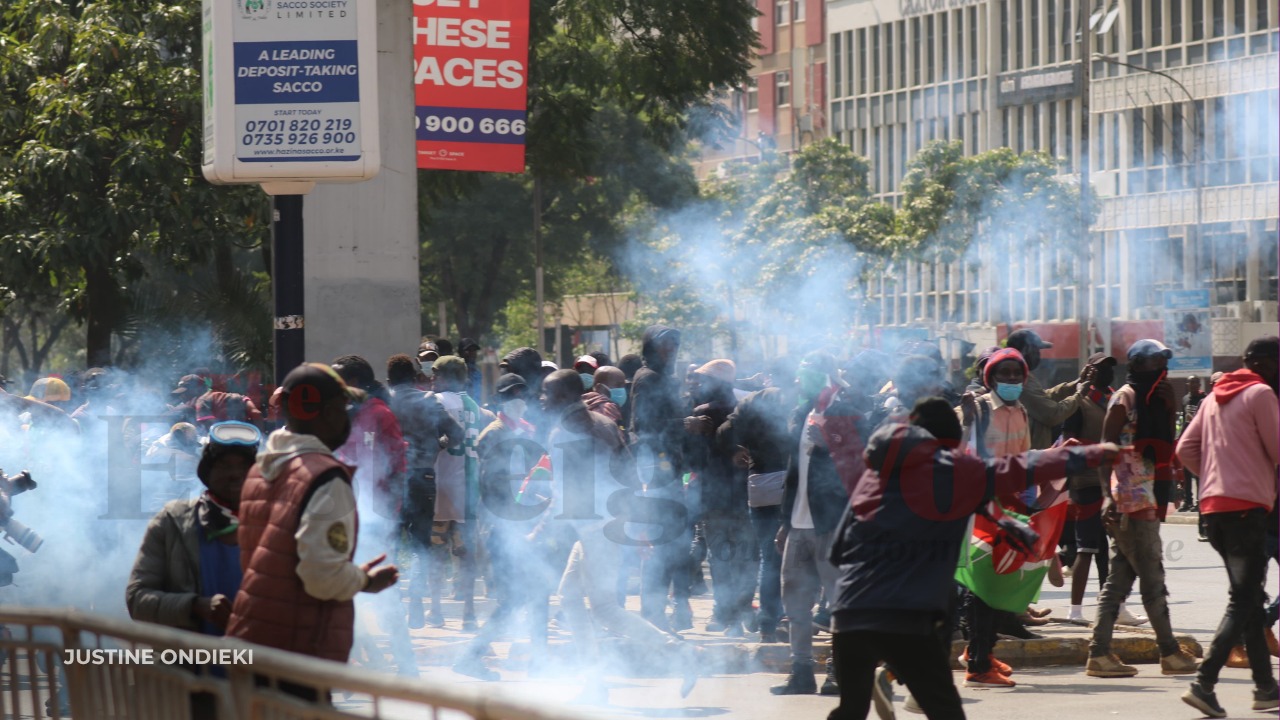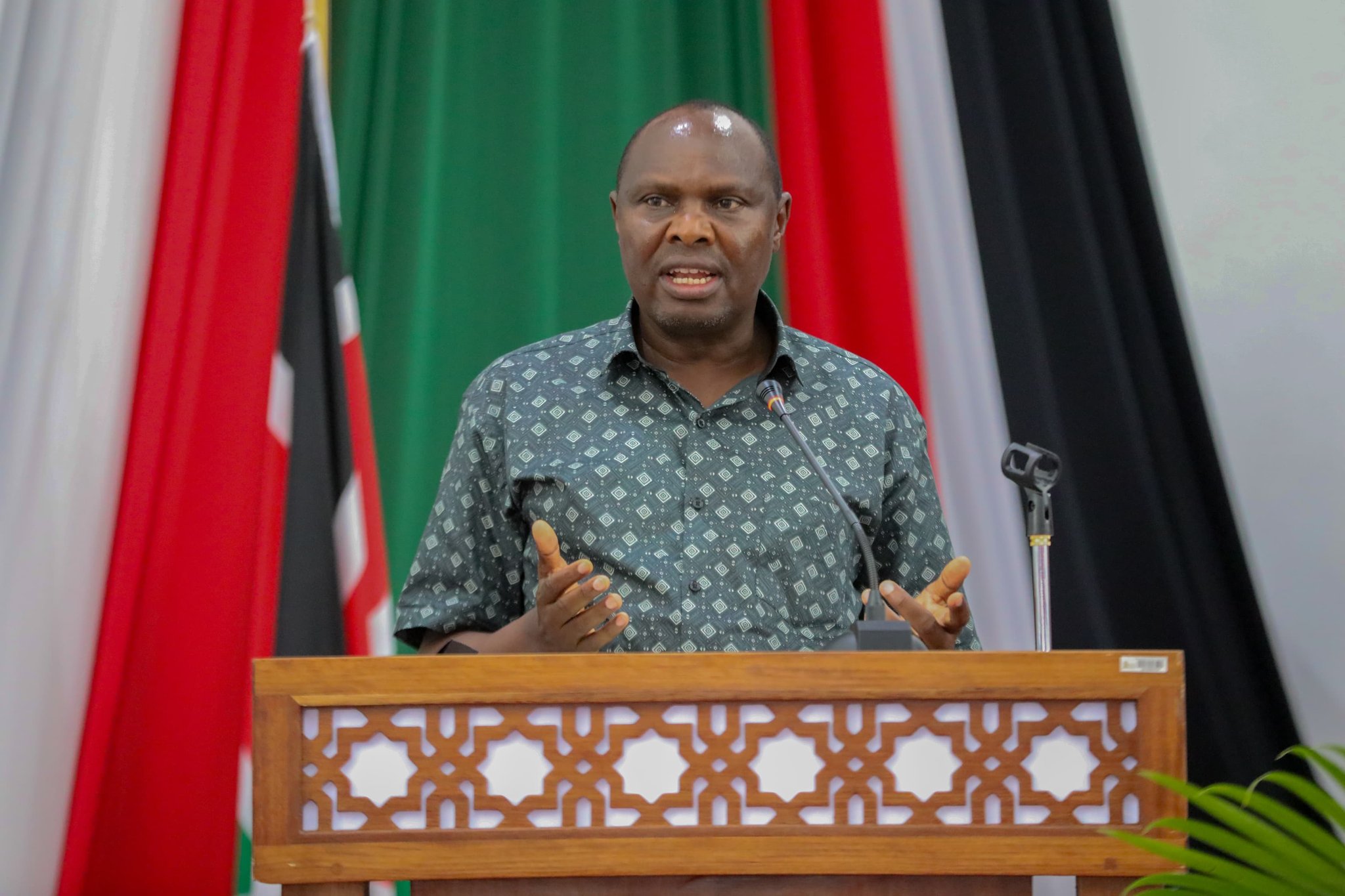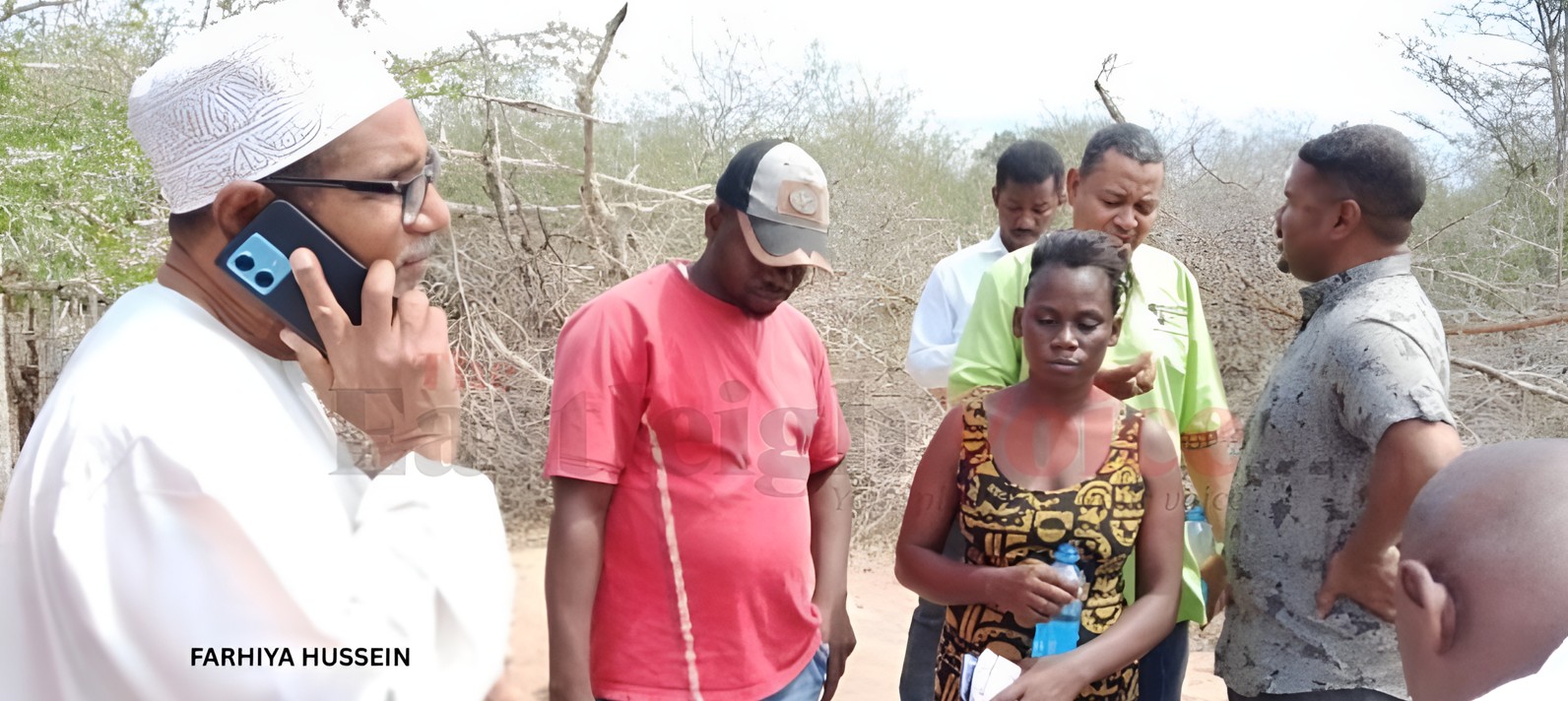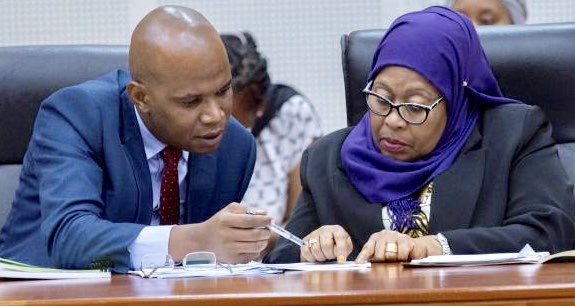MPs sound alarm over delay in review of constituency, ward boundaries
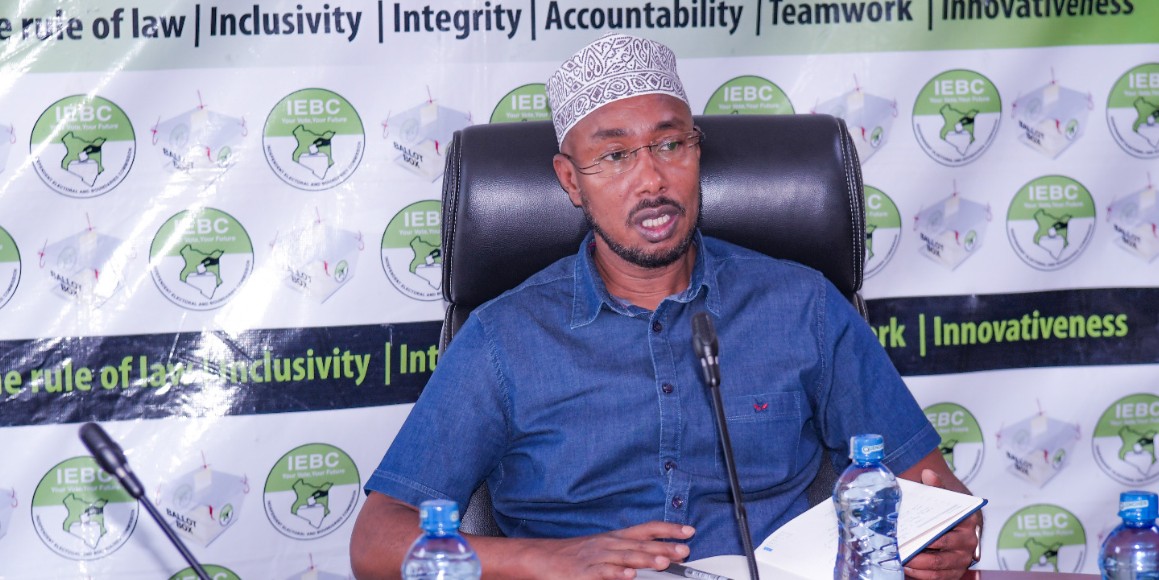
Although President William Ruto named a new team in June, including chairperson Erastus Ethekon and six commissioners, they are yet to be sworn in after the High Court suspended their appointment.
Members of Parliament have sounded the alarm over the delayed review of constituency and ward boundaries, urging the Independent Electoral and Boundaries Commission (IEBC) to act swiftly once it resumes operations, even as legal and administrative hurdles continue to paralyse the process.
In a report tabled before the National Assembly, the Public Petitions Committee directed the IEBC to prioritise the long-overdue boundary delimitation in line with Article 89(4) of the Constitution.
More To Read
- IEBC: Only MCAs can be recalled, non-performing MPs and senators protected by legal gap
- IEBC defends decision to replace Mbadi with Kipchumba, cite 2022 ODM list
- IEBC must rein in early campaigns to avoid heightened political tensions -LSK
- Amina Halake, wife of Abduba Dida, announces 2027 presidential bid
- Nairobi Woman Rep Esther Passaris faces recall over silence on police brutality, protest Bill
- 2027 race heats up as presidential hopefuls turn focus to Kenyan diaspora
This provision requires that electoral boundaries be reviewed every 8 to 12 years. The last review was done in 2012, and the next was due by March 2024. However, the process stalled following the exit of the commissioners in January 2023.
Although President William Ruto named a new team in June, including chairperson Erastus Ethekon and six commissioners, they are yet to be sworn in after the High Court suspended their appointment.
The case before the court challenges the selection process, citing a lack of public participation and diversity.
The committee’s recommendation follows a petition by the Centre for Accountability, Reform and Democracy, which criticised the IEBC for missing the constitutional deadline and warned of serious consequences if the situation is not urgently addressed.
The petition argued that without a fresh boundary review, the country risks entering the next election with outdated data, leading to unfair representation and possible legal disputes.
Committee chair Ernest Kagesi said the delay poses a major threat to the country’s constitutional order and electoral preparedness. “IEBC’s dysfunction has left Kenya in an uncharted territory,” he said, calling for immediate action once the commission is operational.
The committee noted that Parliament had already amended the IEBC Act in July 2024 to provide a roadmap for the delimitation process.
As part of the legal changes, the commission is now required to submit a Boundaries Review Operations Plan to Parliament within three months of taking office.
However, MPs expressed concern that the operations plan remains unpublished, casting doubt on the commission’s transparency and readiness.
IEBC chief executive Marjan Hussein warned that failure to conduct the review would make the 2027 General Election unconstitutional.
He said that population growth has rendered some constituencies too large for their current boundaries, leading to inequality in representation.
The Attorney General, in a formal advisory to Parliament, echoed these concerns, warning that failing to carry out the review would weaken electoral integrity and could invite legal action.
According to the advisory, this failure could also fuel political unrest and erode public confidence in the electoral system.
The IEBC has asked the Supreme Court to clarify whether the delimitation process can proceed after the constitutional deadline and whether the commission’s Secretariat can undertake the review without the commissioners.
It also wants the Court to determine who has the power to extend the deadline, and under what conditions.
“If the Court allows the Secretariat to proceed with delimitation, the process can continue,” the commission told the committee. “However, a critical question remains about who has the authority to extend the deadlines.”
Marjan further warned that the review must be completed at least 12 months before the 2027 elections to allow for voter registration and proper resolution of any disputes.
The committee's report adds pressure on MPs to take legislative action through the National Dialogue Committee (Nadco) process, where a constitutional amendment to extend the boundary review timeline has been proposed.
Although Nadco’s report has already been approved, the required resolution is still pending in Parliament.
Without an extension, any move to conduct the review could face strong legal resistance.
In the meantime, the future of 27 constituencies hangs in the balance. These units were protected in the last review despite not meeting population thresholds.
Among them are Lamu East, Samburu West, Wundanyi, Bura, Galole, North Horr, Mbeere North, and Keiyo North. The committee clarified that it lacks authority to determine the fate of these constituencies, leaving the decision squarely with the IEBC.
As Kenya inches closer to the 2027 polls, uncertainty continues to surround the boundary review, with both legal interpretation and institutional readiness yet to be resolved.
Top Stories Today
